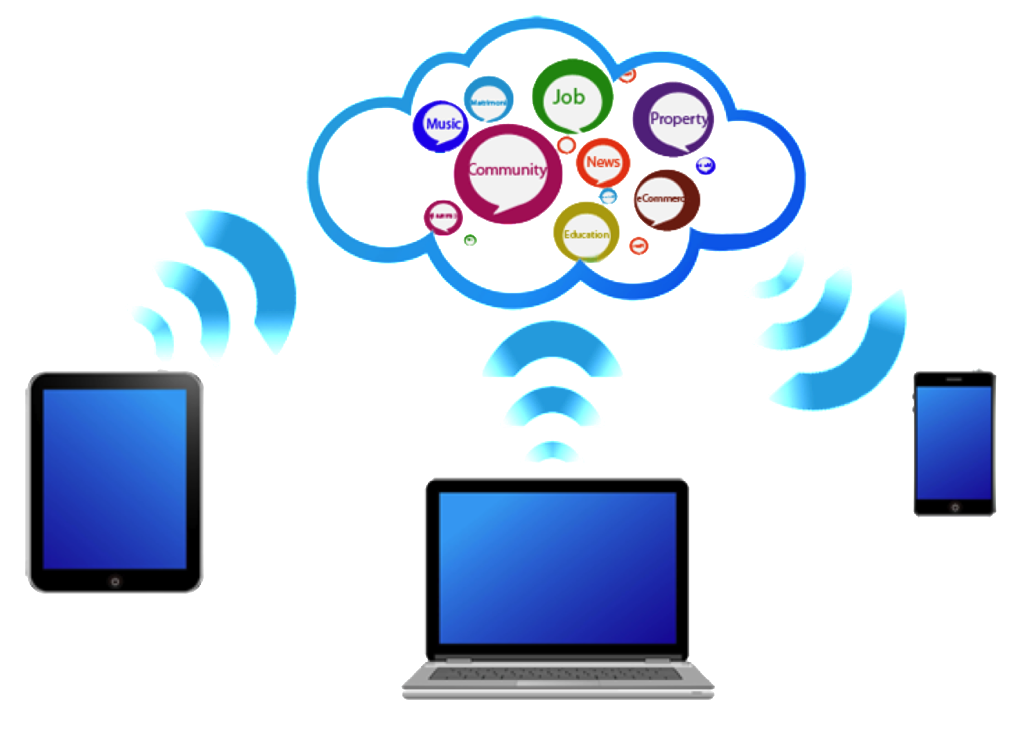Mobile is changing the behavior of users to an app model – apps are installed and used to accomplish a specific task. This leads to fragmentation that favors services that take a new or optimized approach to address the needs of mobile users.
We have seen such a phase of fragmentation before with Web portals such as AOL, MSN and Yahoo. The typical portal user behavior was to adopt other portal services once they had signed-up for three or more services offered by the portal such as e-mail, IM or photo sharing. This did breed a culture of just-good-enough services offered by portals.
Google with its search engine disrupted the centralized content and service model of portals by making it possible to find content that is distributed across the web. Portals therefore lost their stickiness, hence users became much more inclined to adopt best-in-class standalone services to create, consume or share content.
Facebook from its experience and market strategy feels like a content portal to me with the difference that it aggregates user profiles rather than information. Facebook Home can be seen as an attempt to counter the thread of fragmentation caused by mobile apps.
Facebook services replaced by best-of-breed apps could seriously undermine the stickiness of the social network. Apps don’t allow strategies such as rendering web pages inside an app. Offering integrated web browser capabilities avoids app context switching and keeps users inside the Facebook experience. Currently the only way to counter fragmentation by apps is defensive, i.e. to not allow other services to access and migrate users’ connections.
The current generation of mobile apps has taken existing web bases solutions and optimized them for the mobile form factor as well as touches and gesture control. A good example is the transition from web to mobile search – the basic user interaction model hasn’t changed – you post a query and the system responds with a result set that allows you to navigate to the requested information sources.
Apps are starting to disintermediates search by offering results that are task or context aware avoiding the typical query, result, refine loop. Google Now with its just-in-time delivery model of answers exemplifies the change of user behavior and expectation – take my context do some magic in the cloud and give me the right information at the right time.
The next generation of mobile apps will perform tasks for users in the cloud. Again, taking search as an example, mobile will change the model from positing a query to automatically running a context-dependent, standing query and pushing the results to the user.
The current opportunity in mobile – until the next wave of consolidation occurs – is to create best-in-class services that take a user’s context and data and predict what the user needs to accomplish a task even before the need arises.
